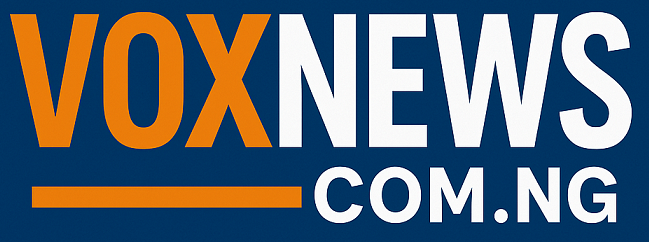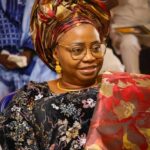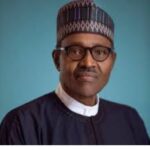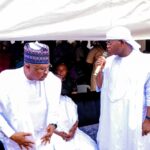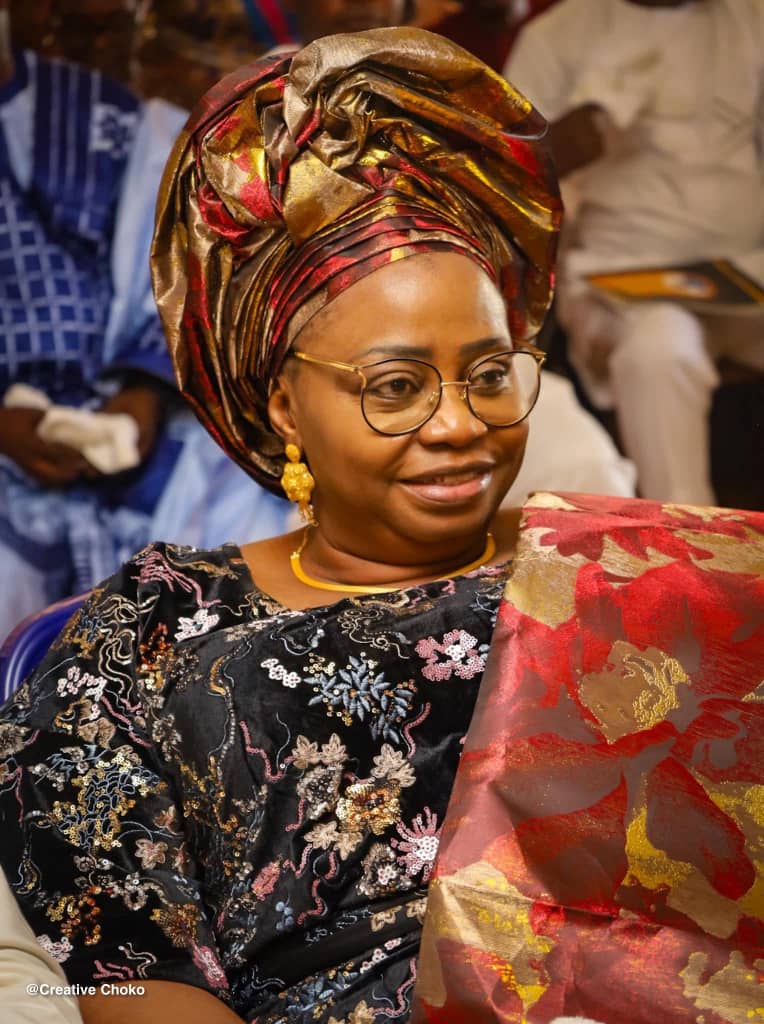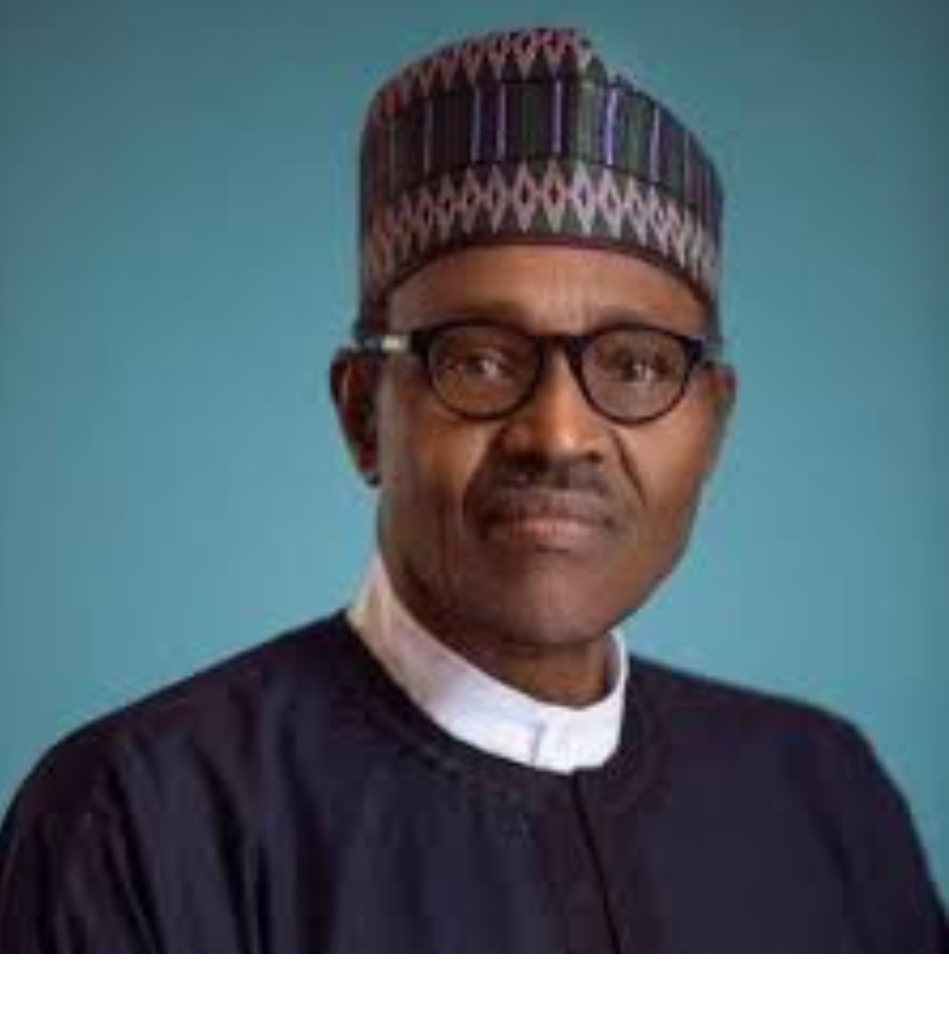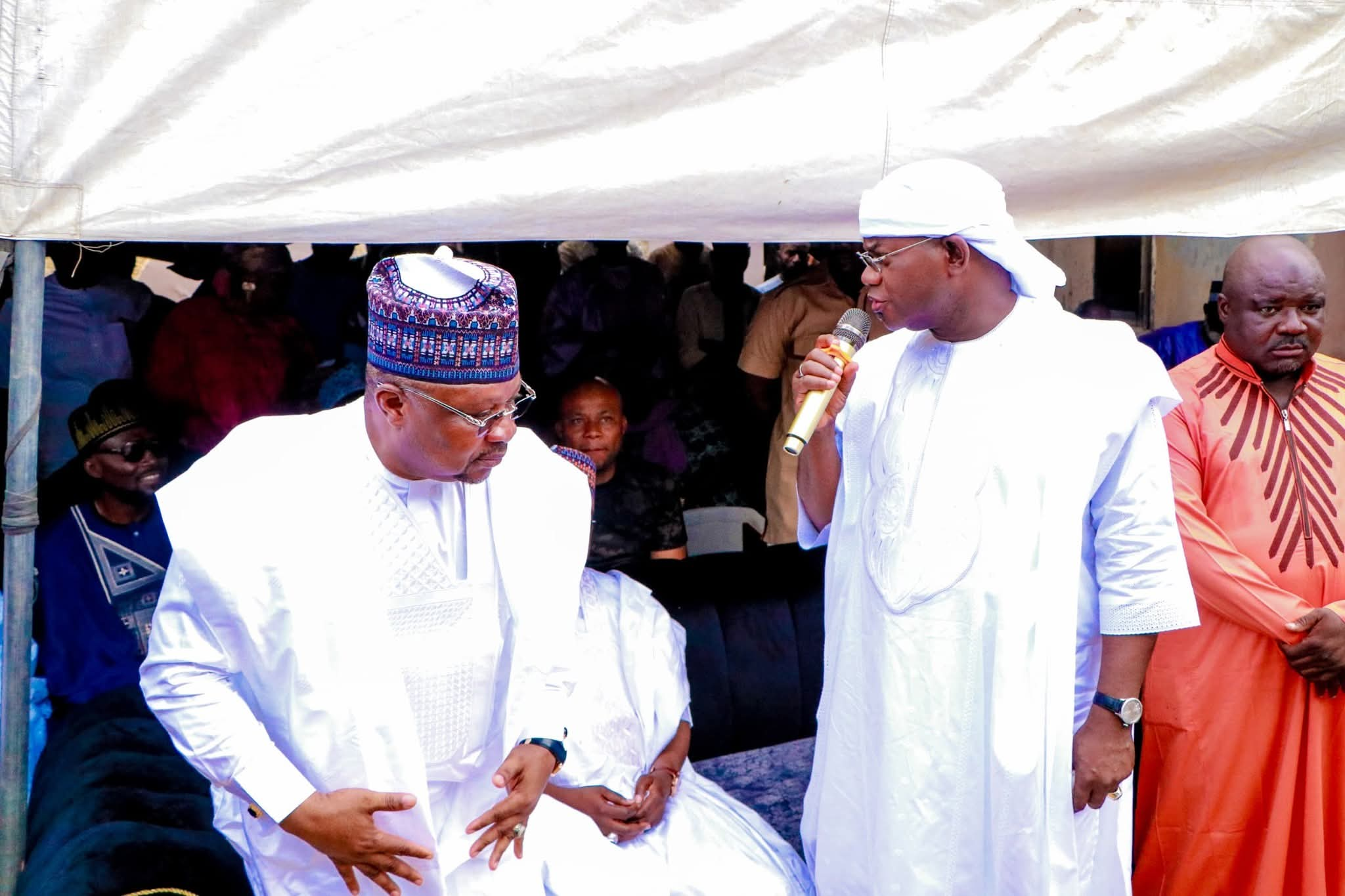9/07/2025
“Forging Unity Beyond Region and Tribe for Purposeful Governance”
In the unfolding narrative of Nigeria’s democracy, history has shown that our survival as a nation does not lie in tribal alliances or regional favoritism, but in the courage to rise above ethnic lines for a common goal. Our past speaks not of division, but of moments where national interest triumphed over ethnic sentiment, and where citizens cast votes not merely for bloodlines, but for belief.
In June 1993, Nigeria witnessed an electoral decision that defied the usual pattern of identity politics. The North, home to the late Bashir Tofa, did not cling to ethnic loyalty. Instead, they gave their votes in overwhelming numbers to MKO Abiola, a Yoruba Muslim. This act remains one of the most powerful symbols of national solidarity in Nigeria’s democratic history. It was a statement that when the stakes are high, the conscience of a people can outweigh the pressure of tribal allegiance.
Similarly, when Chief Olusegun Obasanjo contested for the presidency in 1999 and again in 2003, the North did not hesitate to support him—even when he was running against another Yoruba son, Chief Olu Falae, and later against Muhammadu Buhari, a northerner. Despite Obasanjo’s unpopularity in some southern quarters, the North looked beyond origin and considered vision, stability, and national reconciliation. It was not a perfect decision, but it was a choice guided by a sense of nationhood over narrow allegiance.
Fast forward to 2015, the political evolution of Nigeria experienced another milestone with the formation of a broad-based coalition, transcending regional divides. It was led by a convergence of political actors from different parts of the country, united by a common desire to dislodge stagnation and reimagine governance. At the heart of that movement was a Southern leader who joined hands with Northern political blocs to make change possible. That effort birthed a government that marked a new chapter in Nigeria’s democratic development. The idea was simple: when people unite across zones for a common vision, progress is possible.
The 2023 general election once again reinforced the importance of coalitions. Of the over eight million votes that brought President Bola Ahmed Tinubu to power, more than 5.3 million came from the North. It was a reminder that Nigeria thrives not on the strength of a single region but through interregional understanding and trust. It showed that coalitions are not betrayals of identity but affirmations of a shared destiny.
Let it be known: this is not the first time coalitions have shaped our path, and it will not be the last. Nigeria is too diverse, too vast, and too complex to be built on homogeneity. Our strength lies in our ability to disagree without dividing, to compete without destroying, and to collaborate without compromising integrity.
This moment in our history demands reflection—not accusation. Those who question current coalitions or alliances must remember: leadership is not about where one comes from, but about where one is willing to take the people. If leadership had fallen on someone else, the burden of national unity would still rest on them. The call to coalition is not a personal entitlement—it is a historical necessity.
In President Tinubu’s recent words, “Let the poor breathe,” lies a deeper message. Beyond economic terms, it is a call for compassionate governance, for leaders to loosen the grip of suffering on the common man, and for citizens to stop weaponizing pain for political gains. It is a reminder that governance must be anchored on human dignity, on policies that uplift rather than suffocate.
We must rise above petty politics and see the larger picture. Nigeria is not just a geographical space—it is a moral space. A space where ideas must contend, where justice must lead, and where governance must serve. This is the time for maturity, patience, and clarity of purpose. Our ancestors fought for freedom, our heroes died for democracy; shall we now reduce it to tribal bickering?
As citizens, we must remember: no region can build Nigeria alone. No ethnic group can govern in isolation. We are interdependent by design, and our greatness lies in unity forged through justice, equity, and a shared vision for national renewal.
Conclusion
The call today is not for who holds power, but how power is used to heal, to build, and to lift. Let us be slow to blame, quick to reflect, and bold enough to stand together for the Nigeria we all desire. A Nigeria where coalitions are not feared, but embraced—as symbols of unity, not compromise.
By Christopher Sunday
Department of Social Sciences and Humanities
Kogi State Polytechnic, Lokoja.
